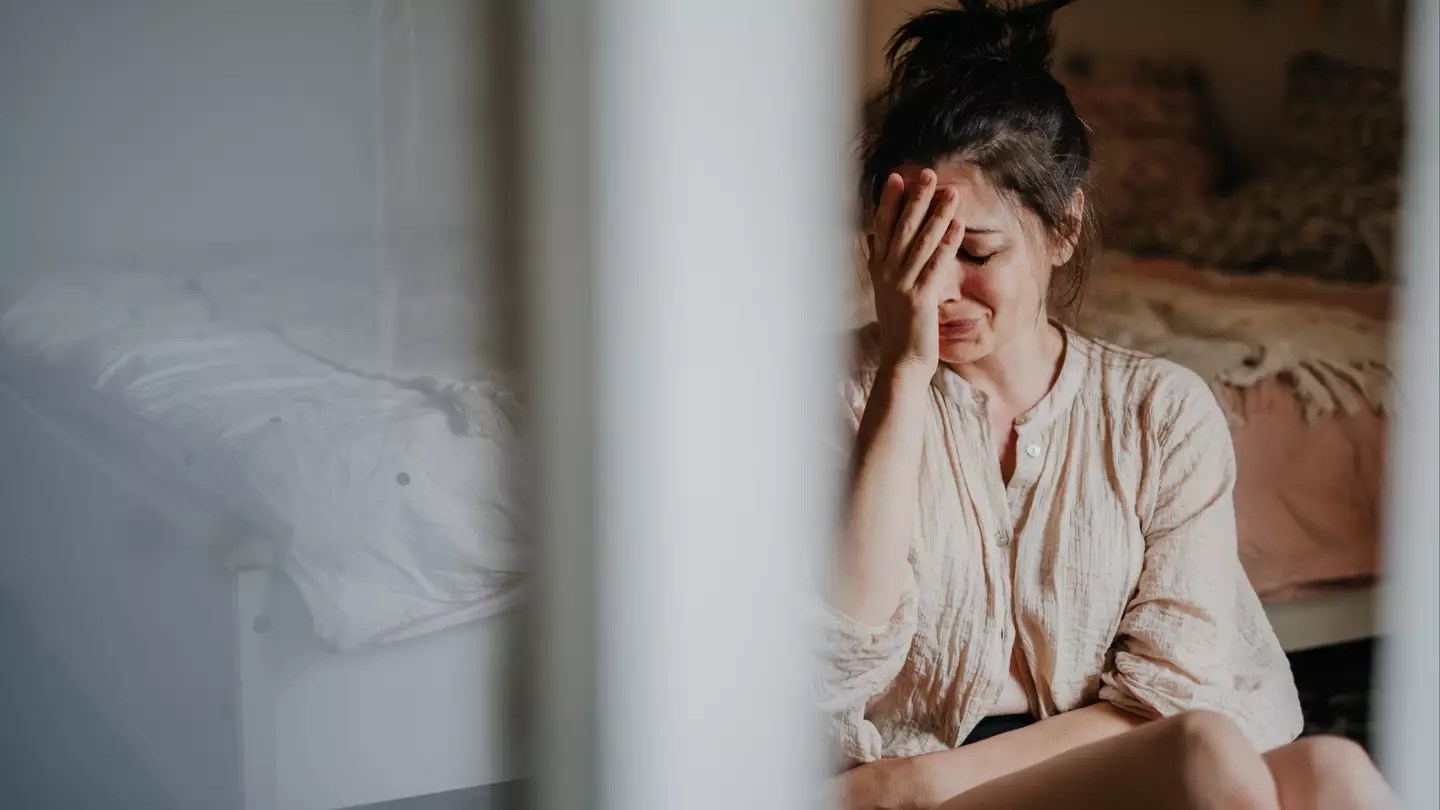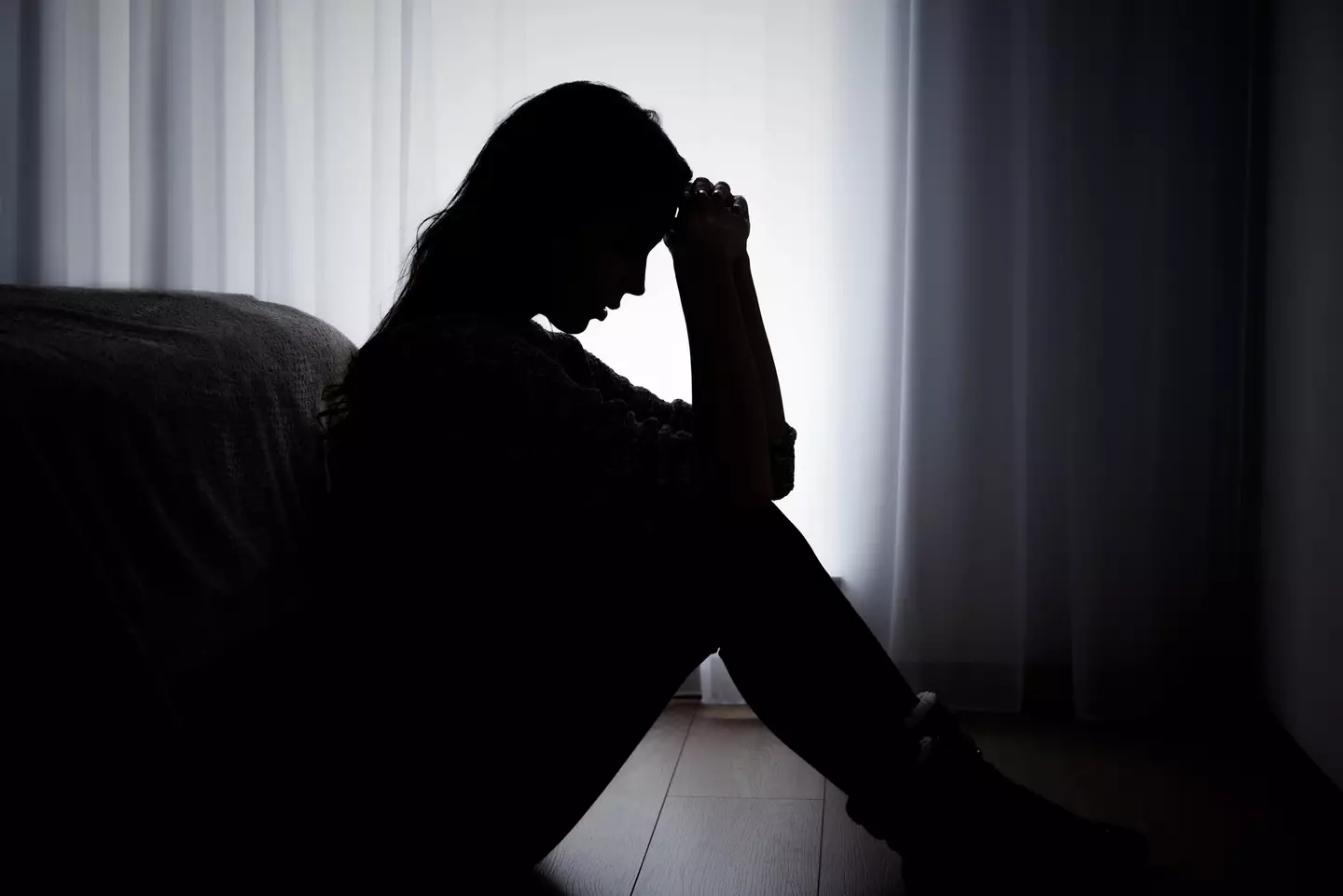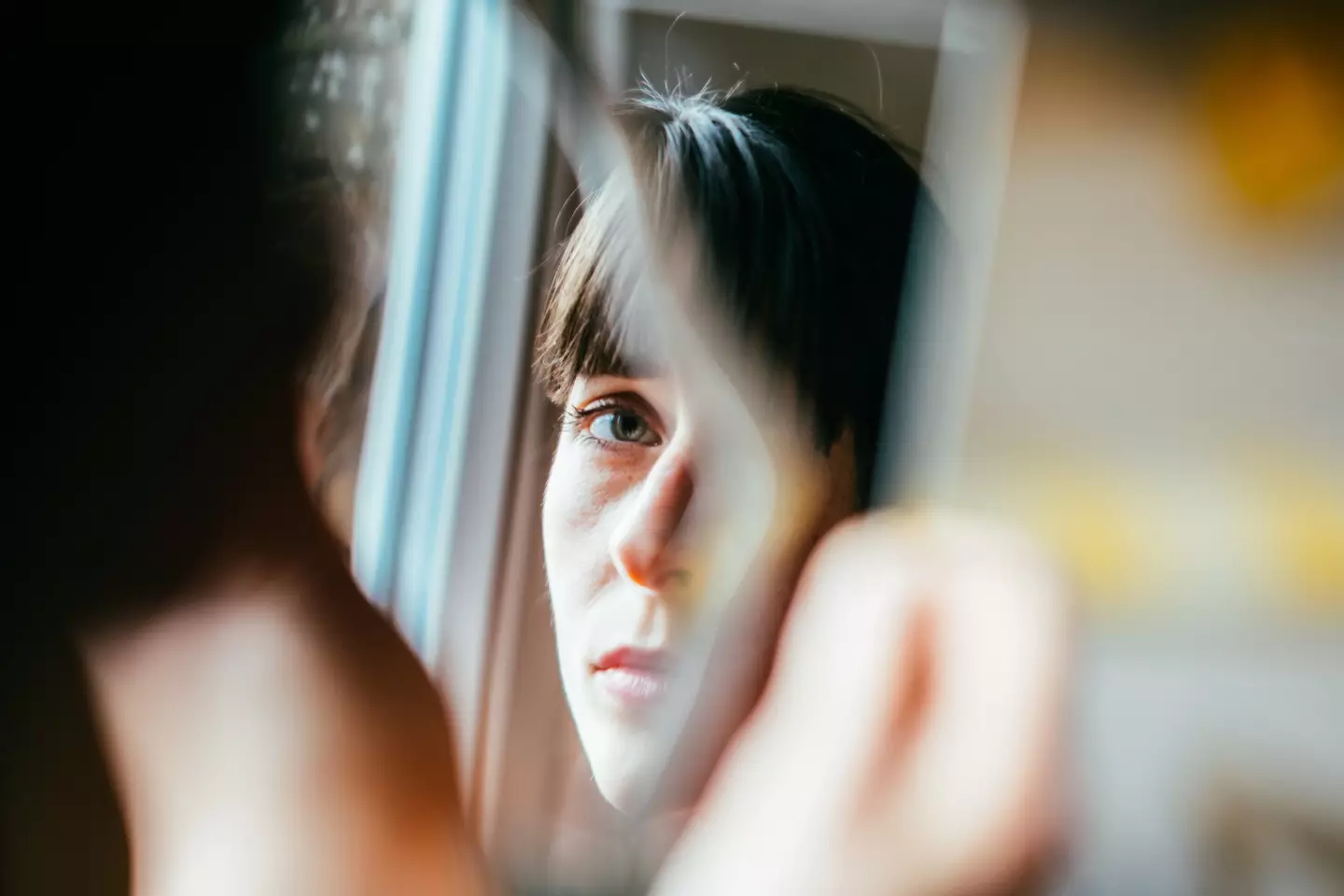
Have you ever heard of dysthymia?
Also known as 'persistent depressive disorder', the condition is described as a milder but more chronic form of depression that often goes under the radar.
Dysthymia is said to affect women more than men and is said to impact around 3-6 percent of the population in the US.
Charlie Health explain that the condition can cause similar symptoms to depression but doesn't lead to a 'major depressive episode'.
Advert
“Dysthymia is a long-lasting, low-level form of depression,” Charlie Health Group Facilitator Clary Figueroa explained.
“It can feel like a dull sadness or emotional heaviness that doesn’t go away.”
Here, we delve into the symptoms of dysthymia and how it is treated.

What are the symptoms of dysthymia?
Common symptoms of dysthymia include:
- Low mood, anxiety or sadness that persists
- Low energy
- Fatigue
- Low self-esteem
- Trouble concentrating
- Feelings of hopelessness
- Noticing a change in sleeping habits such as waking up early, sleeping more or struggling to sleep
- Changes in appetite and weight
- Struggling to feel happiness or pleasure

How is dysthymia different from other conditions?
In dysthymia, symptoms are often milder but more long-lasting.
“Symptoms are milder but more persistent than major depression which can last several months and then remit. But dysthymia, while easy to write off and harder to detect, can make managing and coping more difficult as time goes on,” Dr Beth Salcedo told the Anxiety & Depression Association of America.
How is dysthymia diagnosed?
The diagnosis for dysthymia will often come from speaking with a medical professional.
According to Health, a diagnosis requires symptoms to persist for two years in adults, and one year in children and adolescents.
Meanwhile, John Hopkins Medicine explain that 'a diagnosis may be made after a careful mental health exam and health history done by a licensed mental health provider'.

How is dysthymia treated?
Treatment for dysthymia often comes in the form of therapy, medicines and lifestyle changes.
In terms of treatment, either cognitive behavioural therapy (CBT) or interpersonal therapy are common options.
Meanwhile, medications such as SSRIs can also be used in conjunction. Often, medicines targeted at treating depression can take up to six weeks to work and it's important to discuss with a doctor before stopping treatment once it's started.
Dr Salcedo also explained that lifestyle factors should also be evaluated, such as reducing alcohol intake and implementing an exercise regime.
“Some of these things can be put into place before or while seeking treatment,” Dr Salcedo said.
“Especially if one has the wherewithal to do all that. It not, then obviously pursuing medication and/or therapy as soon as possible will help, so that the person can work on these other adjustments.”
If you're experiencing distressing thoughts and feelings, the Campaign Against Living Miserably (CALM) is there to support you. They're open from 5pm–midnight, 365 days a year. Their national number is 0800 58 58 58 and they also have a webchat service if you're not comfortable talking on the phone.
Topics: Health, Mental Health, Women's Health, NHS, UK News, Advice